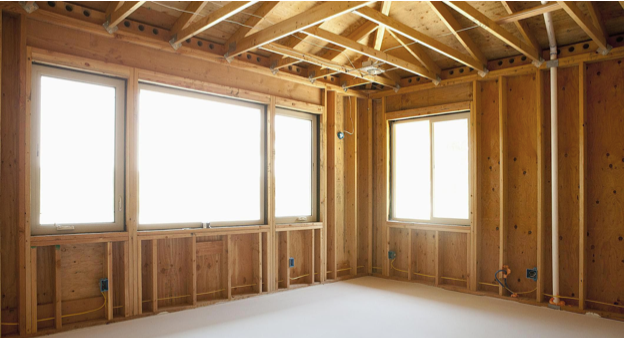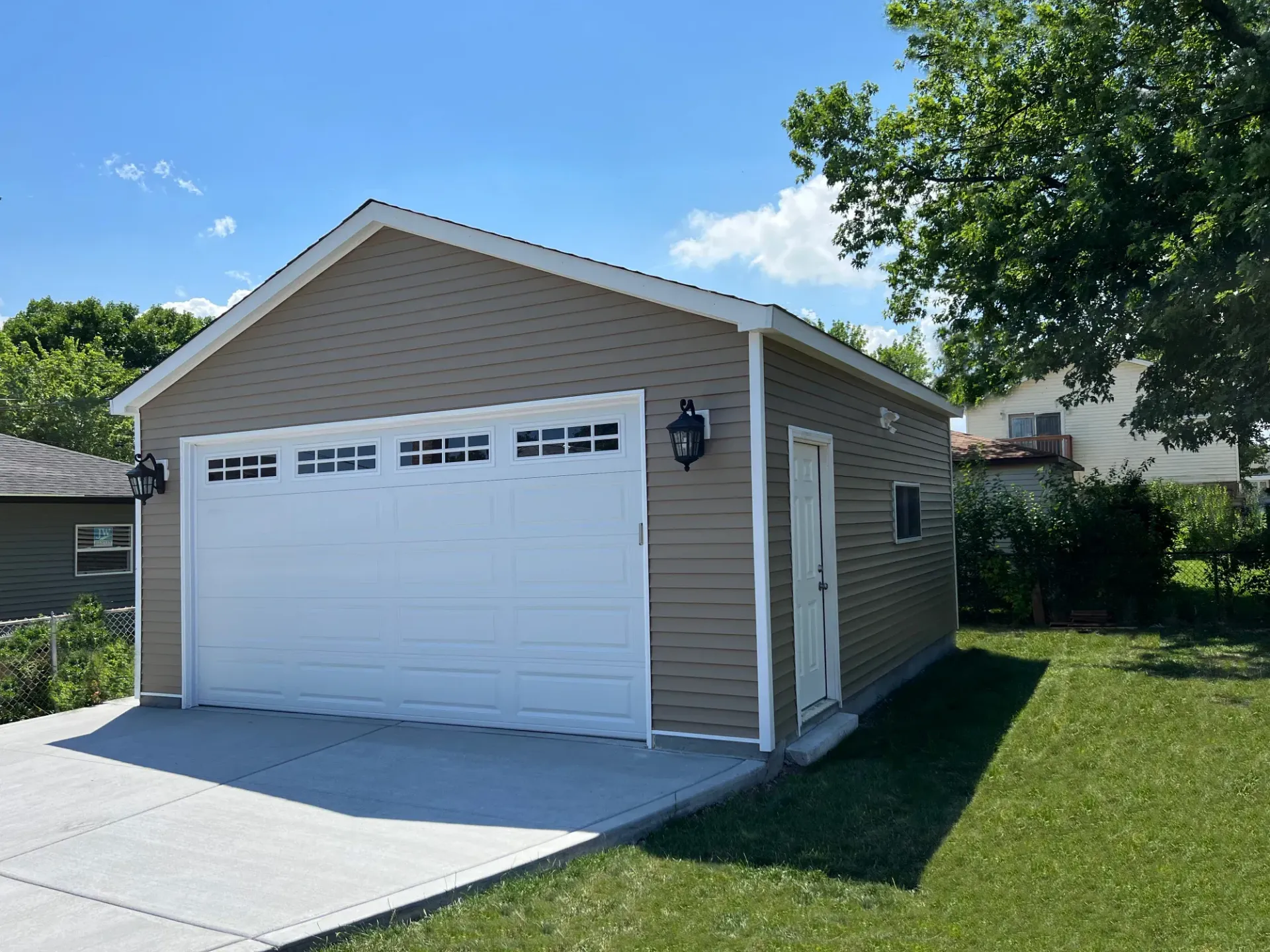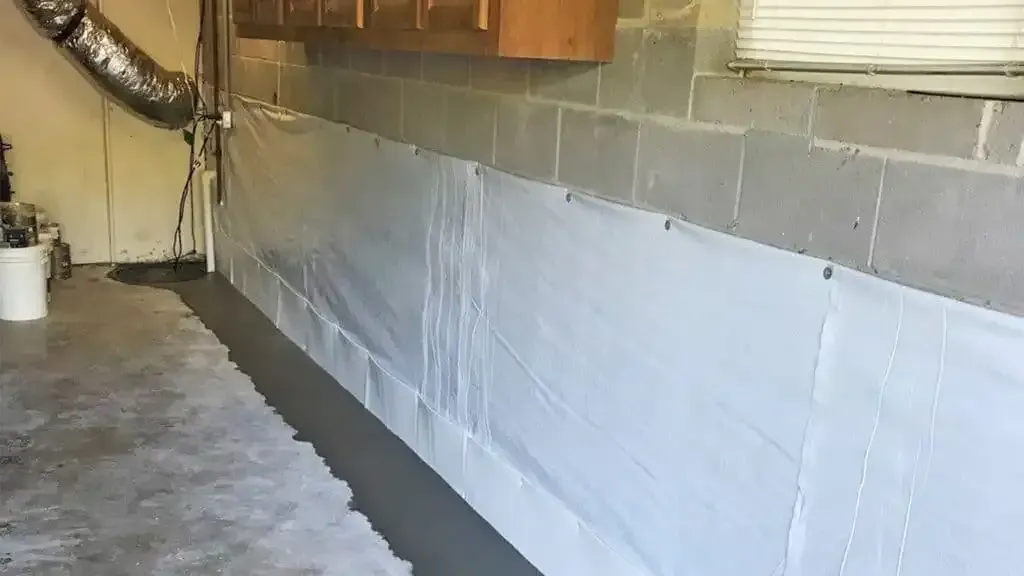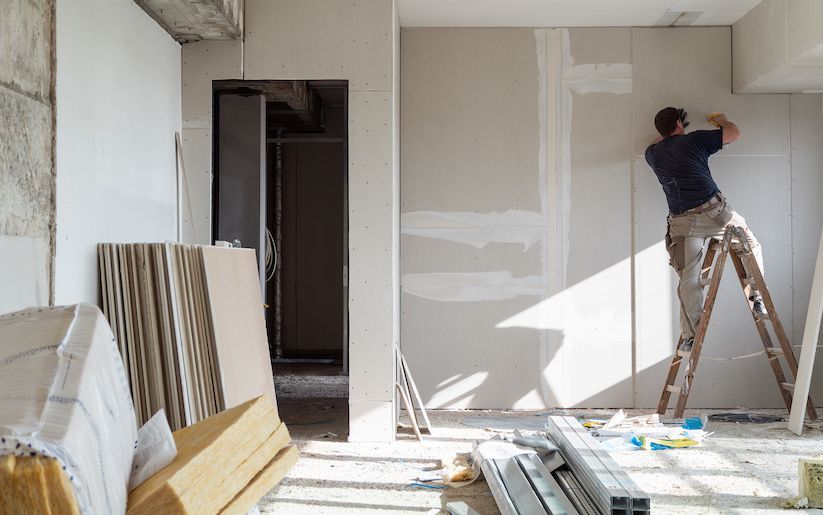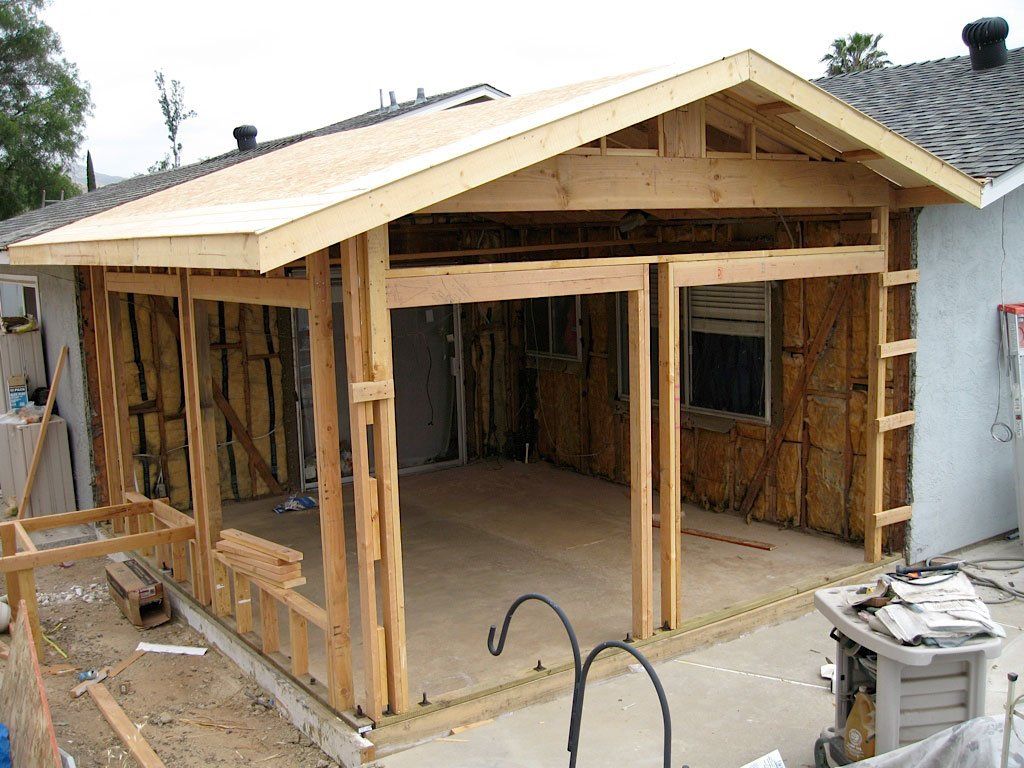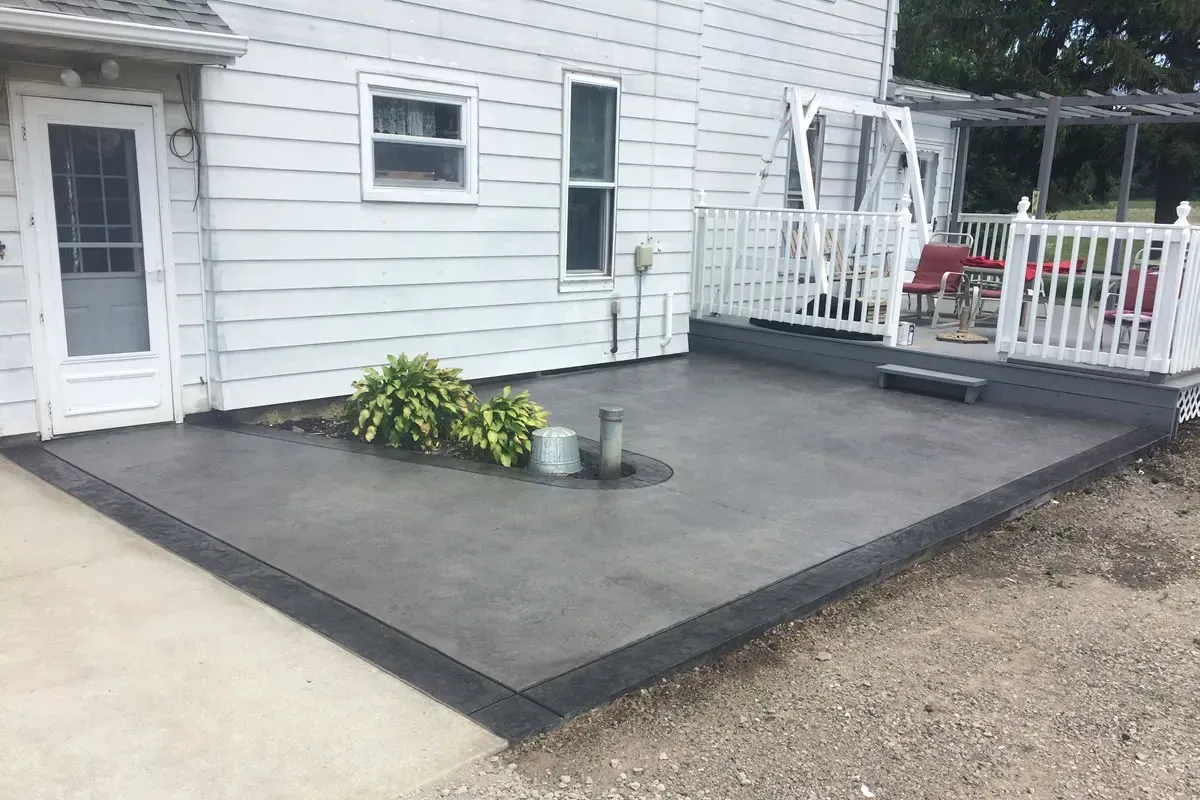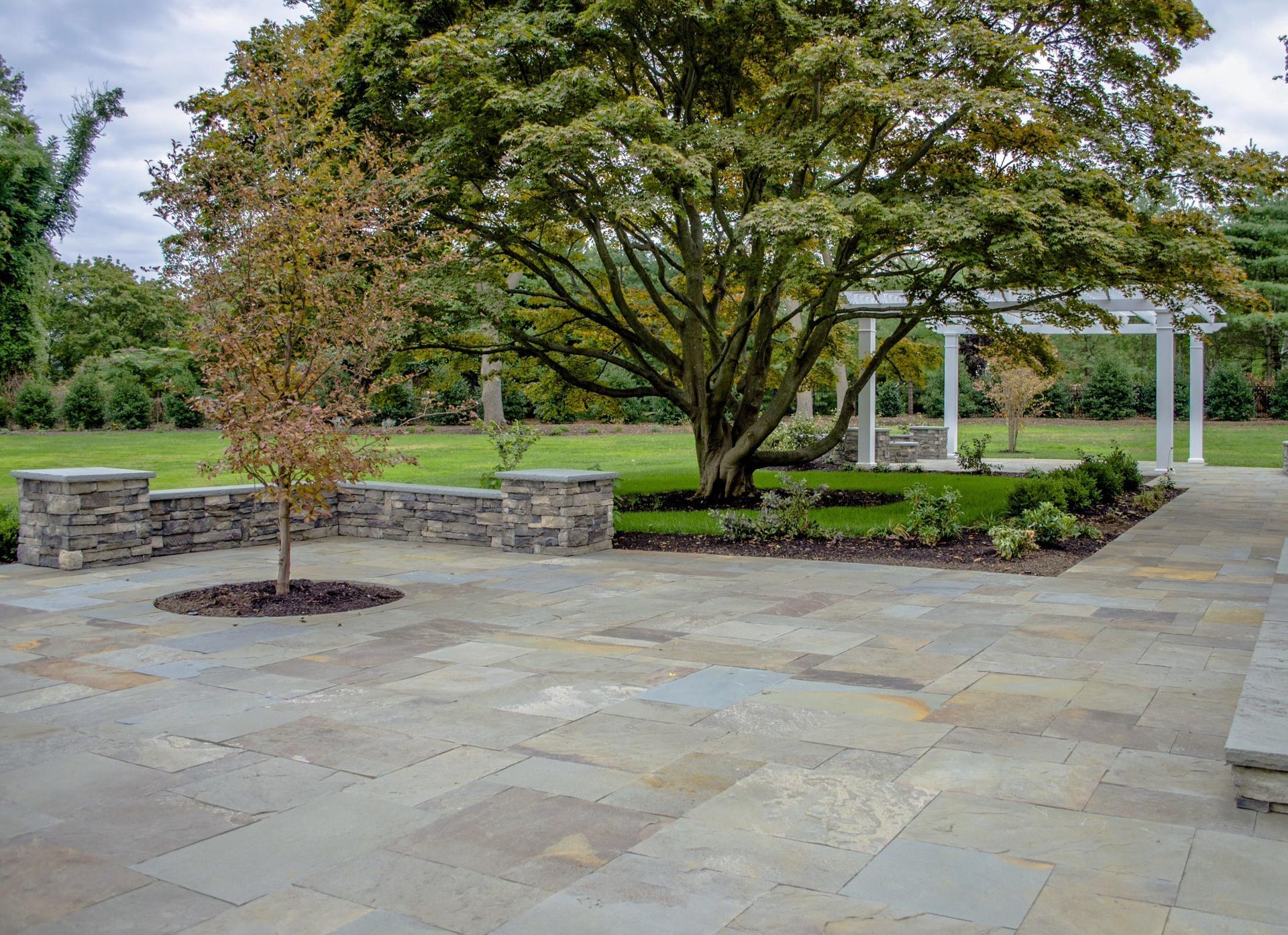How Septic Systems Impact Groundwater in Rhode Island
Septic systems significantly impact groundwater quality in Rhode Island through natural filtration and potential contamination risks. When properly installed and maintained, septic systems treat wastewater before it reaches groundwater. However, failing systems can contaminate drinking water sources with bacteria, nitrates, and other pollutants—a critical concern in Rhode Island where 40% of residents rely on private wells.
Understanding Septic Systems and Groundwater Connection in Rhode Island
Rhode Island's unique geology and high population density create a complex relationship between septic systems and groundwater protection. The Ocean State's shallow water table, glacial till soils, and numerous water bodies make groundwater vulnerability a primary environmental concern.
Rhode Island's Groundwater Characteristics
Rhode Island's groundwater system features:
- Shallow water tables averaging 3-10 feet below surface
- Glacial deposits creating varied soil permeability
- Interconnected aquifers linking surface and groundwater
- Coastal influence affecting water quality and flow patterns
These characteristics make Rhode Island's groundwater particularly susceptible to septic system impacts, both positive and negative.
How Properly Functioning Septic Systems Protect Groundwater in RI
Natural Treatment Process
Well-designed septic systems in Rhode Island provide effective groundwater protection through a multi-stage treatment process:
Primary Treatment in Septic Tank
- Separates solids from liquid waste
- Bacterial breakdown of organic matter
- Reduces pathogen levels significantly
Secondary Treatment in Soil
- Soil acts as natural filter removing remaining contaminants
- Beneficial bacteria further break down pollutants
- Physical filtration removes suspended particles
Final Polishing Before Groundwater
- Advanced soil treatment removes nutrients
- Pathogen die-off occurs during soil passage
- Clean effluent eventually reaches groundwater
Rhode Island Soil Suitability
Rhode Island's diverse soil types affect septic system performance and groundwater protection:
- Sandy soils provide excellent drainage but limited filtration
- Clay soils offer good filtration but poor drainage
- Loamy soils balance filtration and drainage effectively
- Seasonal high water table areas require special design considerations
Negative Impacts: When Septic Systems Contaminate Groundwater
Common Contamination Sources in Rhode Island
Failing septic systems pose serious groundwater contamination risks throughout Rhode Island:
Bacterial Contamination
- E. coli and other harmful bacteria entering groundwater
- Particular risk in areas with shallow water tables
- Can contaminate nearby private wells within days
Nitrate Pollution
- Excess nitrogen from inadequately treated wastewater
- Especially problematic in Rhode Island's sandy coastal areas
- Can exceed EPA drinking water standards
Phosphorus Loading
- Contributes to algae blooms in Rhode Island's water bodies
- Impacts Narragansett Bay and freshwater lakes
- Cumulative effect from multiple systems
Chemical Contaminants
- Household chemicals and pharmaceuticals
- Cleaning products and personal care items
- Heavy metals from older plumbing systems
High-Risk Areas in Rhode Island
Certain Rhode Island locations face elevated groundwater contamination risks:
- South Kingstown coastal areas with sandy soils
- Block Island with high septic system density
- Charlestown and Westerly seasonal communities
- Newport County historic neighborhoods with aging systems
Rhode Island Regulations Protecting Groundwater
DEM Onsite Wastewater Treatment System Rules
The Rhode Island Department of Environmental Management (DEM) enforces strict regulations to protect groundwater:
Design Requirements
- Minimum 4-foot separation to seasonal high water table
- Soil suitability testing mandatory
- Advanced treatment systems required in sensitive areas
- Professional design and installation requirements
Setback Distances
- 100 feet from private wells
- 200 feet from public water supply wells
- 50 feet from surface waters
- 10 feet from property boundaries
Inspection and Maintenance
- Regular pumping requirements (every 3-5 years)
- Professional inspections for system transfers
- Repair requirements for failing systems
- Record-keeping mandates
Groundwater Protection Zones
Rhode Island designates special protection areas where septic system impacts are carefully managed:
- Wellhead Protection Areas around public water supplies
- Critical Resource Areas near sensitive ecosystems
- Coastal Pond Watersheds requiring advanced treatment
- Sole Source Aquifer protection zones
Signs Your Septic System May Be Impacting Groundwater
Rhode Island homeowners should watch for these warning signs:
Observable Indicators
- Sewage odors around the system or in well water
- Wet spots or standing water over the leach field
- Lush grass growth in unusual patterns
- Algae blooms in nearby water bodies
Water Quality Changes
- Bacterial contamination in well water tests
- Elevated nitrate levels above 10 mg/L
- Unusual tastes or odors in drinking water
- Gastrointestinal illness in household members
System Performance Issues
- Slow drains throughout the house
- Gurgling sounds in plumbing
- Sewage backups in basements
- Frequent pumping requirements
Protecting Rhode Island Groundwater: Best Practices
Proper System Design and Installation
Groundwater protection starts with appropriate septic system design:
- Site evaluation by licensed soil evaluators
- Proper sizing for household occupancy
- Advanced treatment in sensitive areas
- Professional installation by licensed contractors
Regular Maintenance Requirements
Consistent maintenance prevents groundwater contamination:
- Pump septic tanks every 3-5 years
- Inspect systems annually for problems
- Repair issues promptly to prevent failures
- Keep detailed records of all maintenance
Household Practices
Rhode Island residents can protect groundwater through daily habits:
- Avoid flushing non-biodegradable items
- Use septic-safe cleaning products
- Limit water usage during peak periods
- Dispose of chemicals at hazardous waste facilities
Advanced Treatment Options for Groundwater Protection
Enhanced Septic Systems
Rhode Island increasingly requires advanced treatment systems in sensitive areas:
Nitrogen-Reducing Systems
- Remove excess nitrogen before groundwater contact
- Required near coastal ponds and sensitive waters
- Significantly reduce environmental impact
Sand Filter Systems
- Provide additional treatment beyond conventional systems
- Effective in areas with poor soil conditions
- Improved pathogen and nutrient removal
Constructed Wetland Systems
- Natural treatment using engineered wetlands
- Excellent for seasonal high water table areas
- Enhanced wildlife habitat benefits
Economic Impact of Groundwater Protection
Property Values and Water Quality
Protecting groundwater through proper septic system management affects Rhode Island property values:
- Higher property values in areas with clean groundwater
- Lower insurance costs with reduced contamination risk
- Avoided remediation costs from preventing contamination
- Community-wide benefits from collective protection efforts
Public Health Cost Savings
Proper septic system management saves Rhode Island communities significant public health costs:
- Reduced waterborne illness treatment expenses
- Lower emergency response costs for contamination events
- Avoided alternative water supply development costs
- Prevention of expensive cleanup projects
Climate Change and Future Groundwater Impacts
Sea Level Rise Effects
Climate change impacts septic system performance and groundwater protection in coastal Rhode Island:
- Rising water tables reducing treatment effectiveness
- Saltwater intrusion affecting system function
- Increased flooding causing system failures
- Adaptation requirements for coastal communities
Regulatory Evolution
Rhode Island continues updating regulations to address emerging groundwater protection challenges:
- Stricter nitrogen limits in sensitive watersheds
- Enhanced monitoring requirements
- Climate adaptation standards
- Technology advancement incentives
Monitoring and Testing Groundwater Quality
Private Well Testing
Rhode Island residents with private wells should test water quality regularly:
- Annual bacterial testing for immediate health risks
- Nitrate testing every 3 years minimum
- Comprehensive testing when purchasing property
- Additional testing if septic systems nearby show problems
Professional Water Quality Assessment
Consider professional assessment when:
- Multiple neighbors report water quality issues
- New septic installations occur nearby
- System failures happen in the area
- Unusual environmental conditions develop
Protect your property and Rhode Island's groundwater
with professional septic system
services from
Rockhouse Construction.
Our licensed team specializes in environmentally responsible septic design, installation, and maintenance that meets all Rhode Island DEM requirements. From advanced treatment systems to routine maintenance, we ensure your septic system protects both your family and our shared groundwater resources.
Contact us today for expert septic services that safeguard Rhode Island's water quality.



